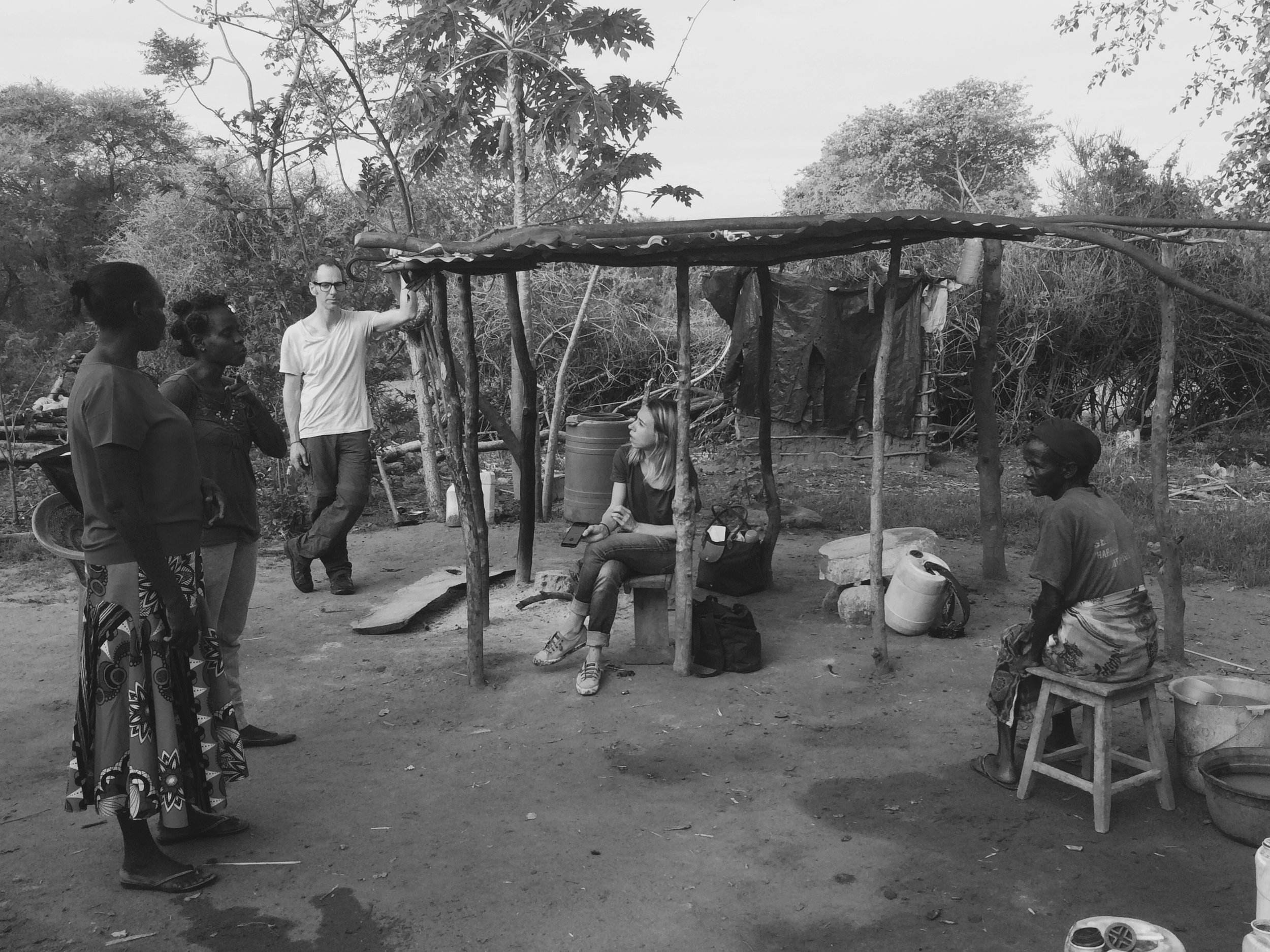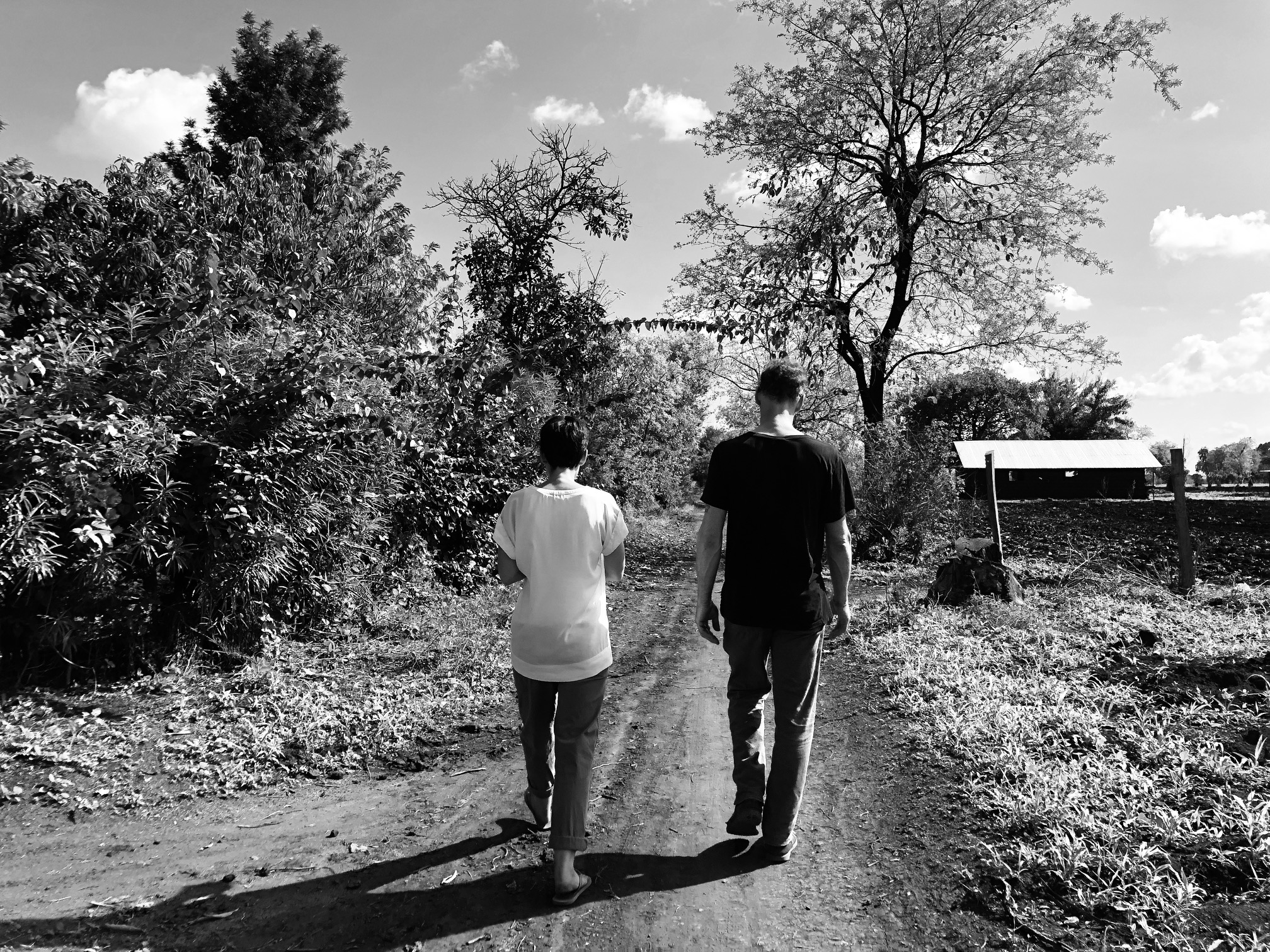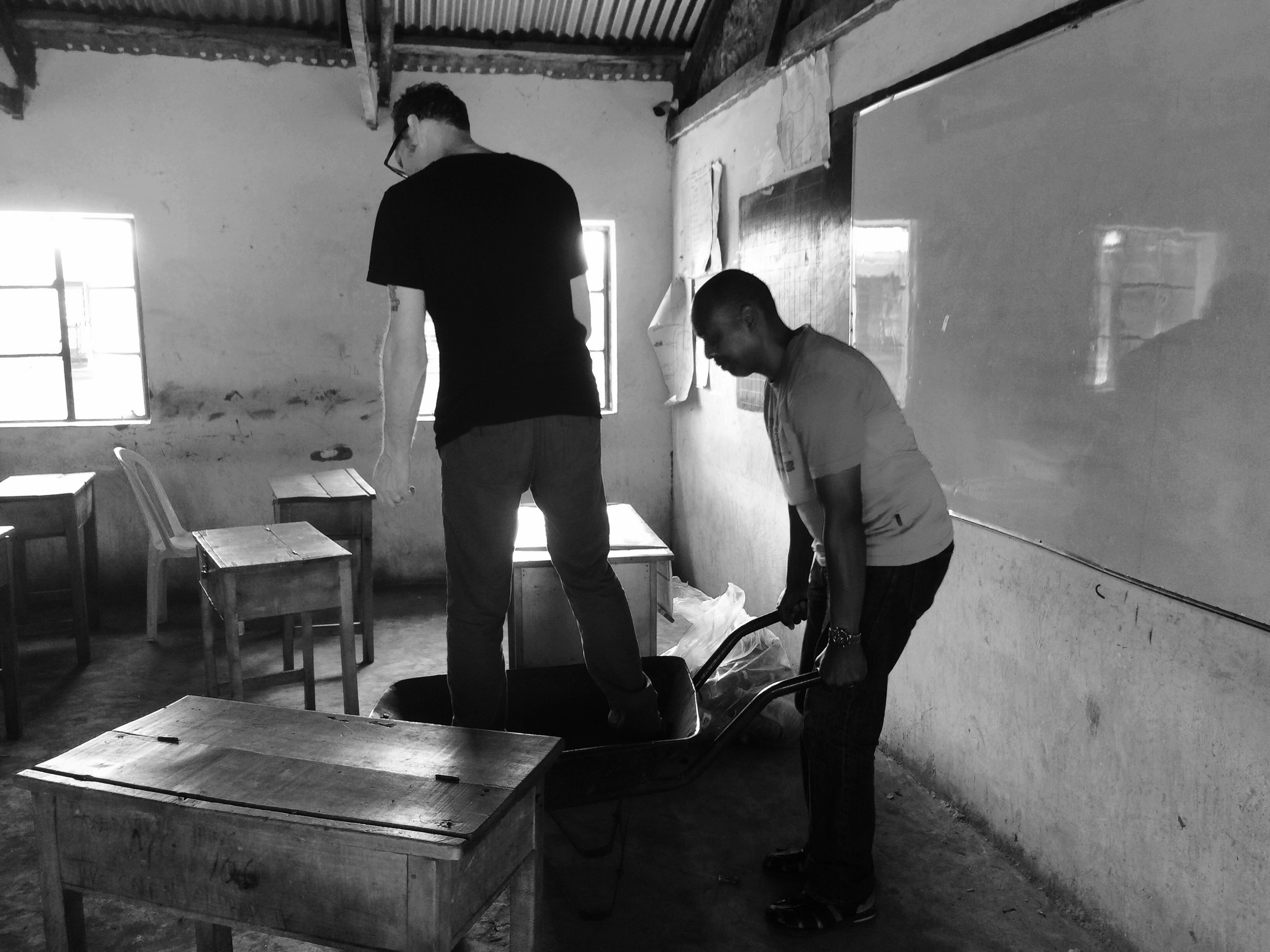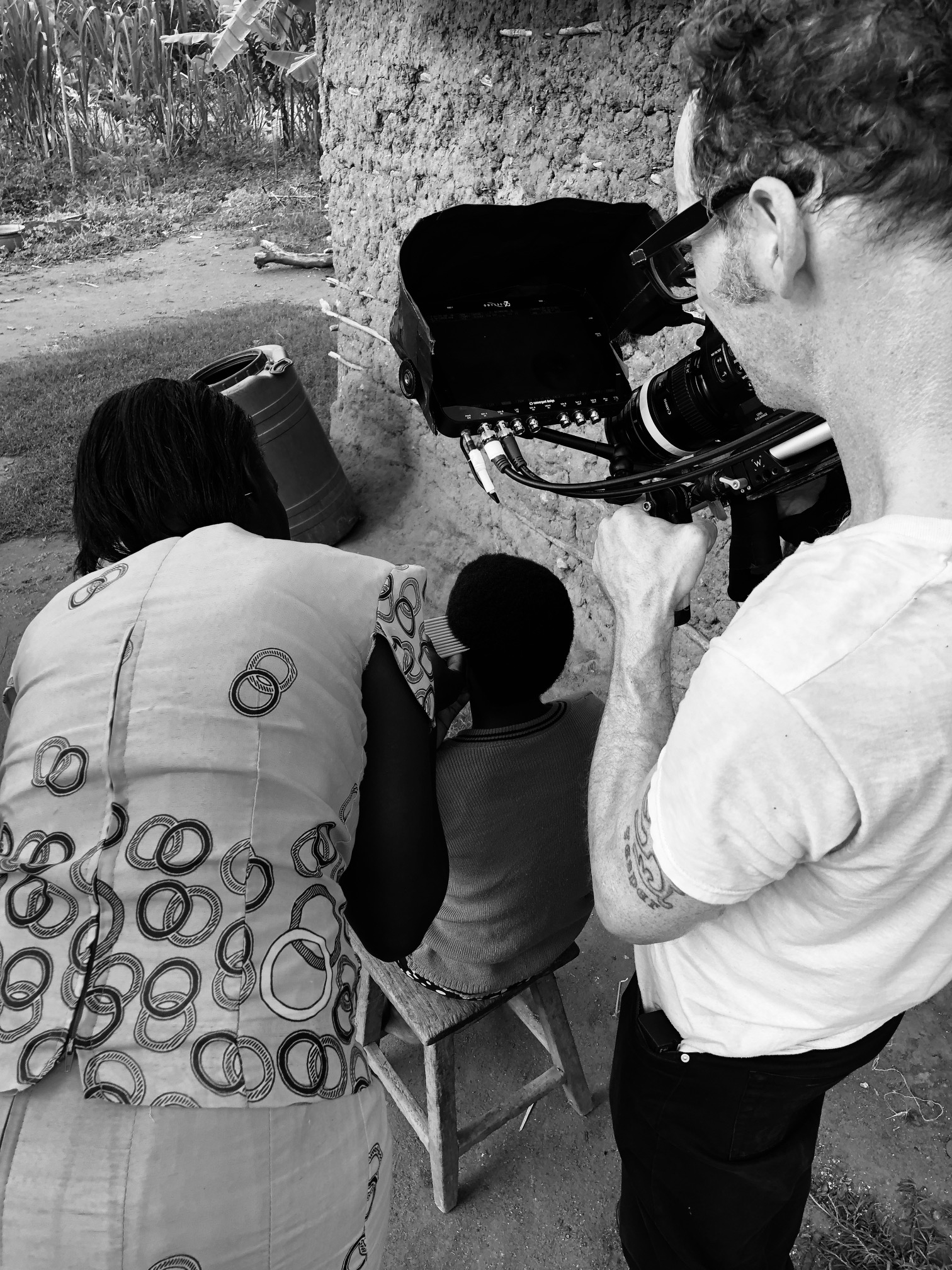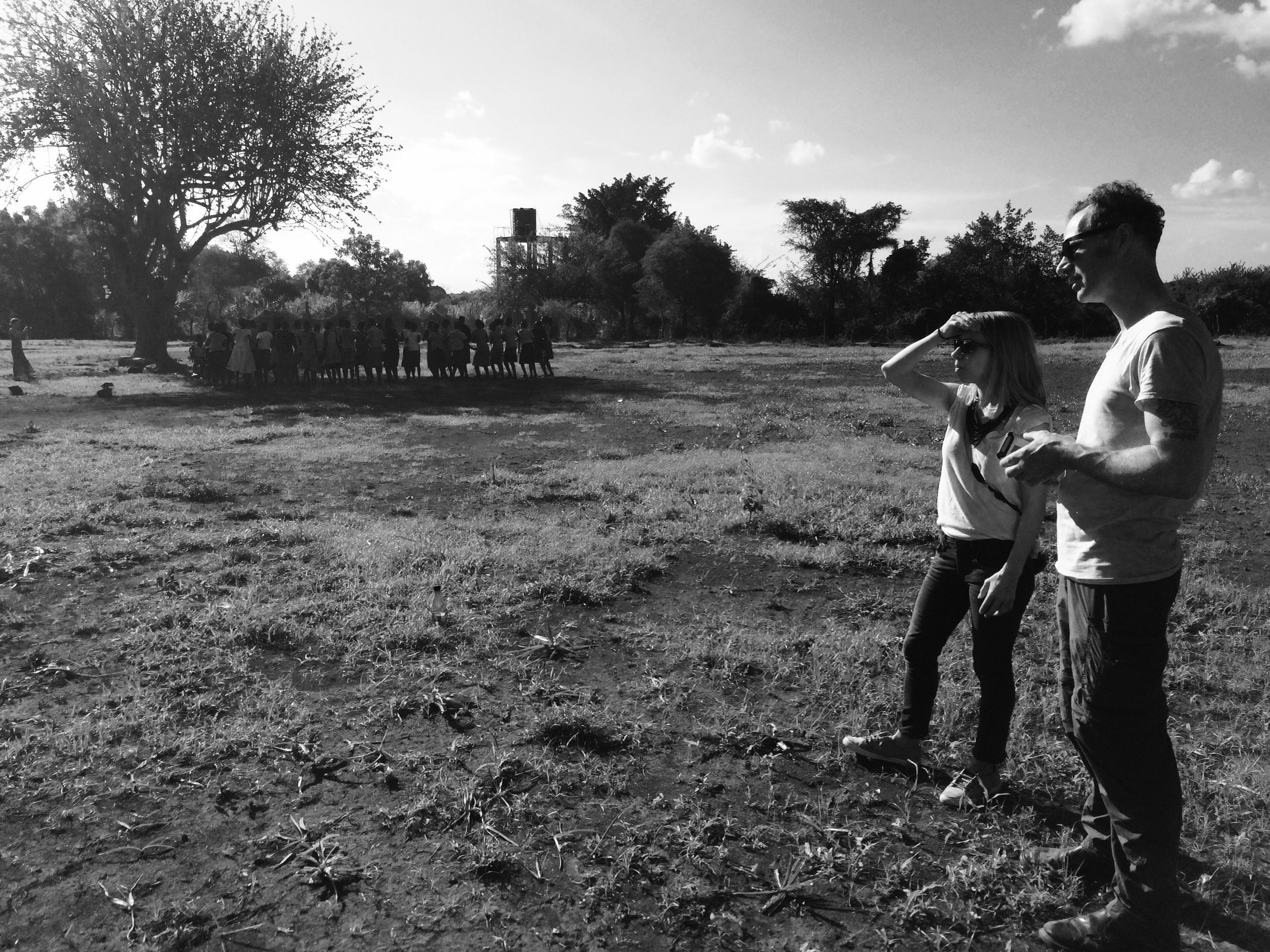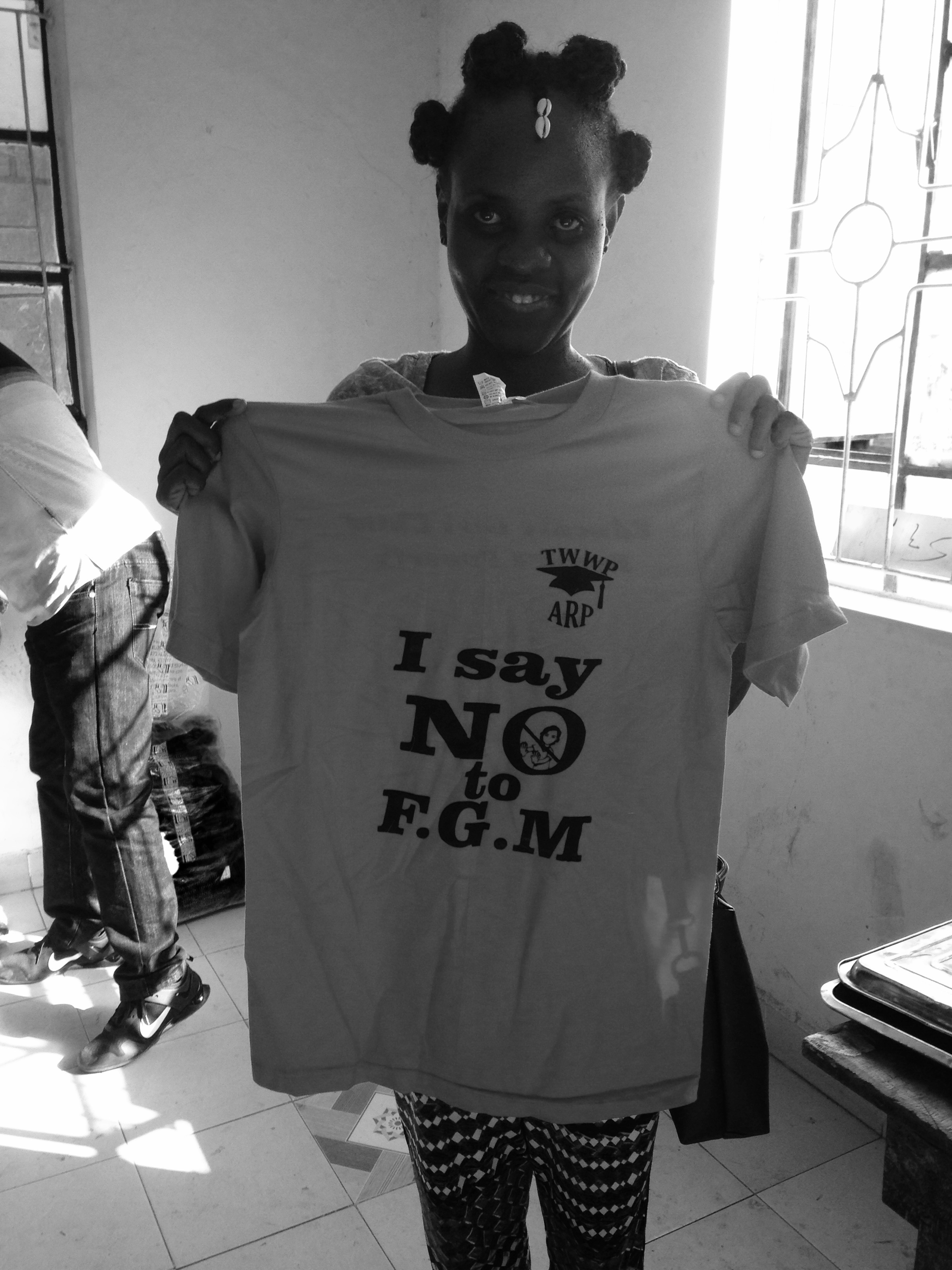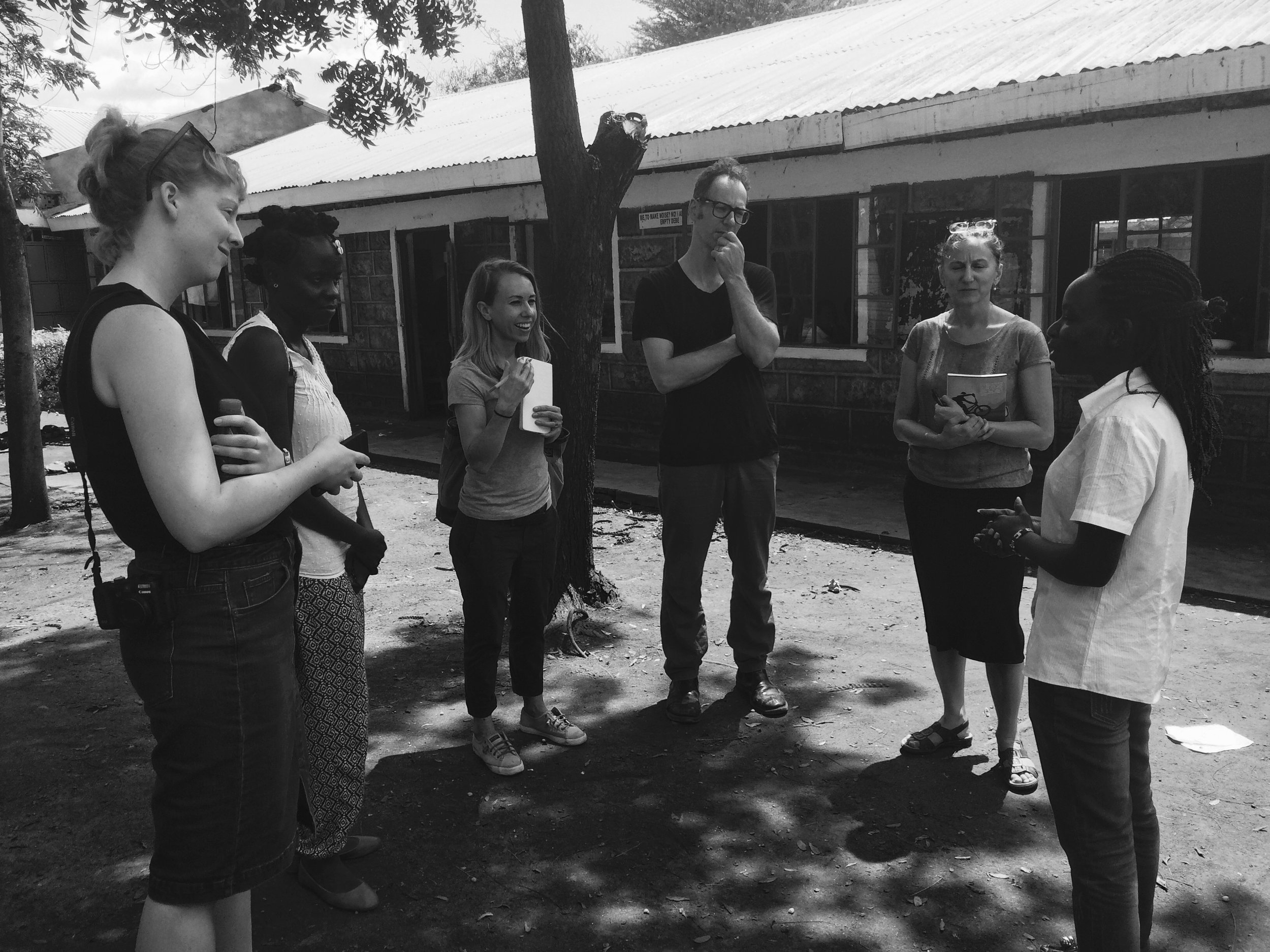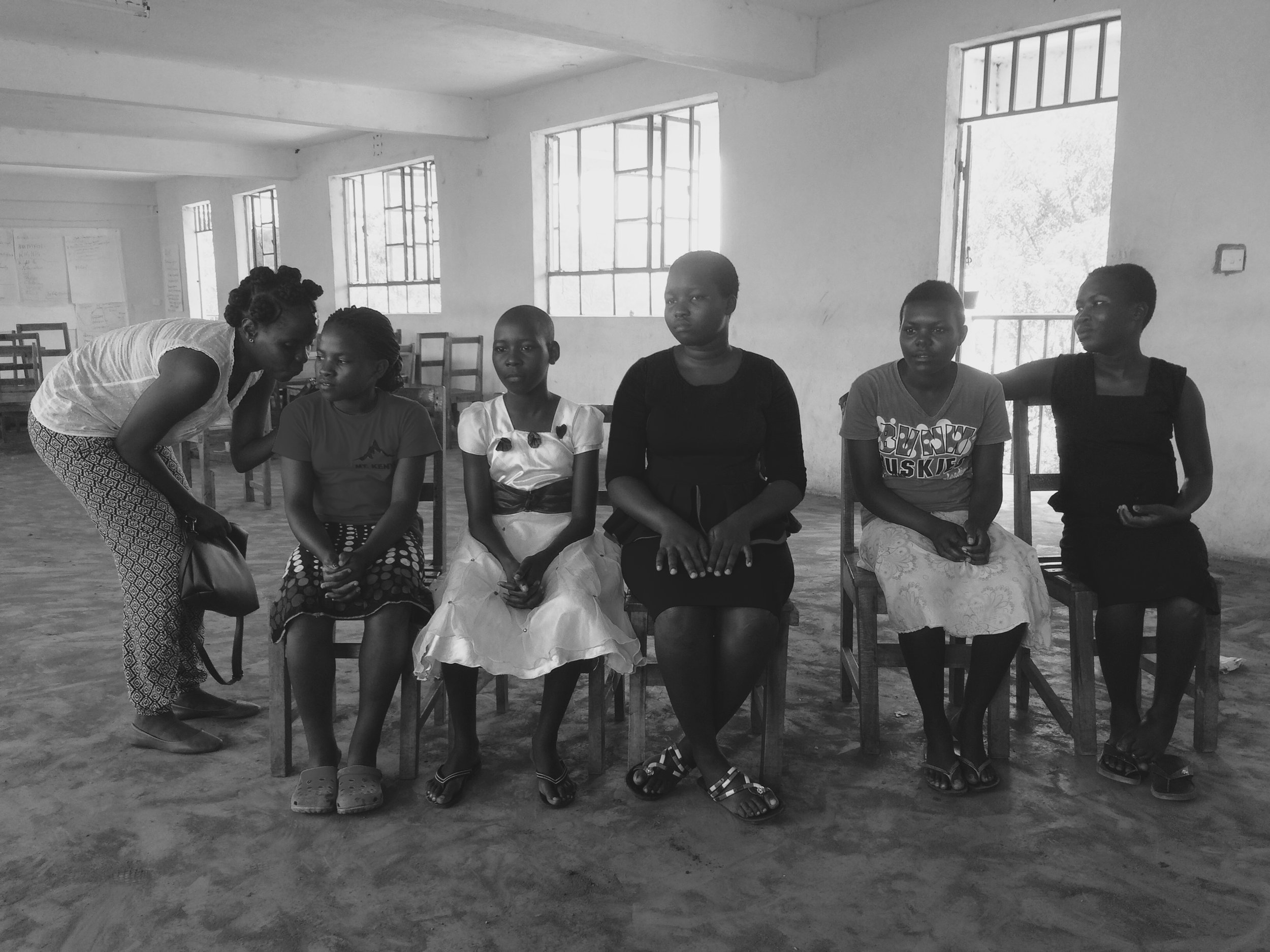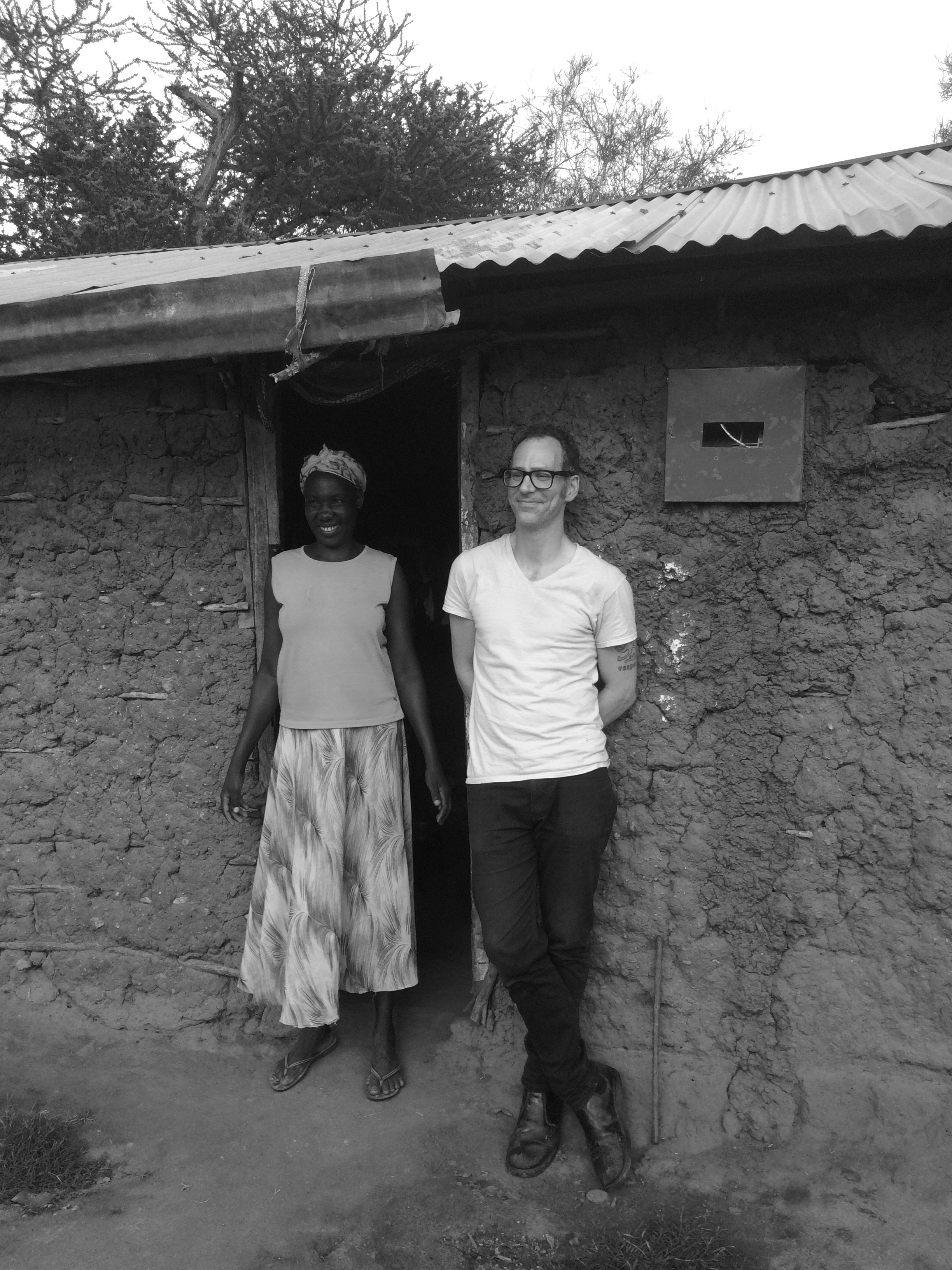Across many cultures globally, Female Genital Mutilation/Cutting (FGM/C) is considered a rite of passage for girls transitioning into womanhood. Although countries like Kenya have outlawed activities such as FGM and early marriage that deter girls from completing basic education, the practice has been continued – particularly in rural areas.
One woman who underwent the practice was Rebecca Gatiiria Mutiiria. Rebecca is a widower in her forties and the mother of six children (five girls and one boy). She lives in Karethani Village near Gatunga Town in Tharaka Nithi County, Kenya. She is an illiterate subsistence farmer.
At the tender age of 12, Rebecca underwent a traditional rite of passage ceremony into womanhood, where they cut her genitalia.
“Everyone did it. My grandmother. All my friends. I was afraid if I didn’t, I would be outcast.”
Generally, these ceremonies take place in the morning but as there were so many that day (Rebecca was the 14th girl that day), Rebecca was only cut at 1 pm in the afternoon. She recalls the day being filled with fear and pain. After much suffering during and following the procedure, when Rebecca feared for her life, she vowed to never let her daughters go through what she went though.
“When it was done, my dad stopped paying my school fees. He told me when someone is cut, you stop going to school and get married.”
Later, when a pregnant Rebecca discovered the Alternative Rite of Passage (ARP) program and ceremony crafted by Tharaka Women’s Welfare Program (TWWP) and supported by Women’s Global Education Project (WGEP), she immediately signed her firstborn daughter, Purity Gatwiri, up.
Now three of her five daughters have gone through the ARP program. And Rebecca’s eldest, Purity Gatwiri, has become the first girl in her family and entire village to attend university. She is studying land survey as she is keen to protect people in her community against land claims. Purity Gatwiri has even helped her mother get a title for the land her husband owned and on which she lives in her own name.
“If it was not for my mom’s courage, I would not be where I am today,” says Purity Gatwiri.
INSTAGRAM VERSION
Background: More than 200 million girls and women alive today have been cut in 30 countries in Africa, the Middle East and Asia where Female Genital Mutilation/Cutting (FGM/C) is concentrated, according to UNICEF.
FGM is particularly widespread in rural parts of Kenya, where 90% of girls are subjected to the practice, compared to 9.3% in urban areas. FGM is considered a rite of passage for adolescent girls transitioning into womanhood. Once they go through the procedure, they are expected to drop out of school and marry.
Brief: To launch its Girls Opportunity Alliance initiative, the Obama Foundation wanted a series of five short social media optimized films that communicated the realities of adolescent girls around the world who face various barriers in order to pursue education, and the grassroots organizations that are working to support them.
Through a narrative-focused film, the foundation wanted to show how education can transform a girl's life and also allow her to support her family, community and country, as well as help raise funding for the associated grassroots organization.
Challenges & Result: Working with US-based grassroots organization Women’s Global Education Project (WGEP) and their on-the-ground partner Tharaka Women’s Welfare Program (TWWP), we determined the next film would focus on the story of Rebecca, a women in her forties who underwent female genital mutilation (FGM) and swore none of her five daughters would go through the ordeal.
We aligned our shoot with the WGEP Alternative Rite of Passage (ARP) program that was to take place in December 2018 and decided that the person to play Rebecca’s eldest daughter, Gatwiri, in the film would be her second-youngest daughter, Peninah, who would be attending the ARP program.
One of the challenges we had was that Rebecca, who lives remotely, is illiterate and doesn’t have regular access to a mobile phone. She also doesn’t speak much English. So communication was a slight problem. But it was overcome with the help of our local production assistant (and ARP program alumna) Acenath Karimi Kiriga and her mother, ARP program-creator, Aniceta Kiriga prior and during the shoot.
Once we were on the ground in Kenya, we faced to other challenges — Peninah had fallen ill and would not be attending the ceremony, and Gatwiri was no longer able to travel to Tharaka for the shoot. Thankfully Acenath, WGEP and TWWP helped us hold auditions to determine actors (local talent who were participating in the ARP program) and we found the perfect actress, Yvonne. We then flew to Mombasa to film Gatwiri at her university for the ending.
We produced a beautiful 2.30-minute film with the help of award-winning filmmaker Ben Stamper and a talented composer, which was shared on Global Girls Alliance’s social media on February 6, 2019 - International Day of Zero Tolerance for FGM.
Client: Obama Foundation
Initiative: Girls Opportunity Alliance
Partner: Women’s Global Education Project
Subject: Rebecca Gatiiria Mutiiria & Purity Gatwiri Mutiiria
Location: Tharaka Nithi County, Kenya
Producer/Director: Morgana Wingard
Project Manager: Lisa Stewart
Local Production Assistant: Acenath Karimi Kiriga
Videography: Ben Stamper
Editing: Ben Stamper
Sound Design: Matt James
Music Composition: Aled Roberts
CAST
Narrator: Rebecca Gatiiria Mutiiria &
Purity Gatwiri Mutiiria
Young Gatwiri: Yvonne Mukami
Gatwiri’s Mother: Rebecca Gatiiria Mutiiria
Teacher: Rose Wanja















